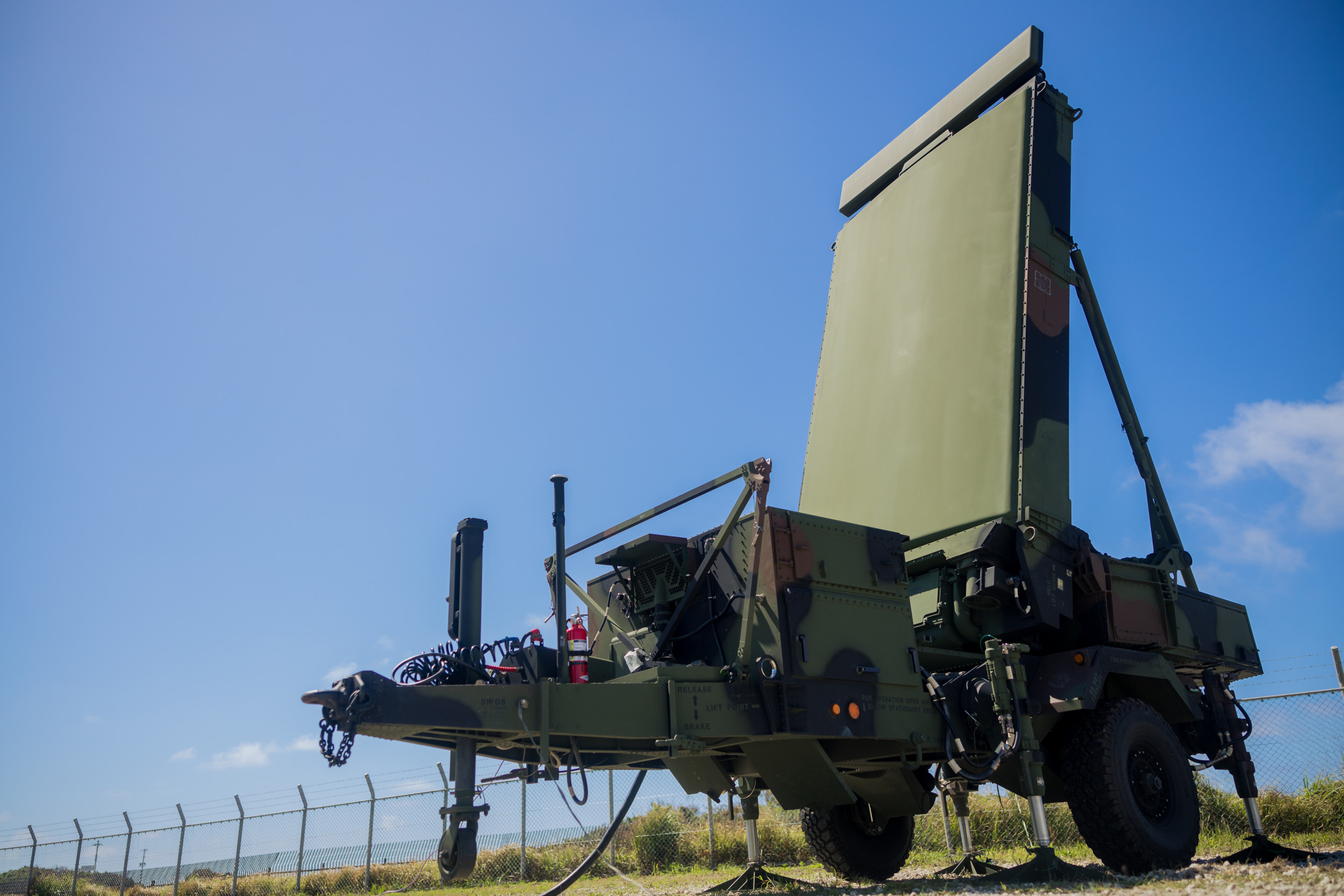In a significant move, the United States Marine Corps has deployed a state-of-the-art radar system on Yonaguni, a Japanese island located near Taiwan, during the recent Resolute Dragon 24 exercise. This marks the first time such advanced technology has been utilized in this area.
Taking place from July 28 to August 2, this annual exercise, co-hosted by the U.S. III Marine Expeditionary Force and Japan’s Ground Self-Defense Force, focused on enhancing the operational capabilities of both nations. The drills were conducted across several locations in Japan, including the southernmost prefecture of Okinawa.
During the exercise, an AN/TPS-80 Ground/Air Task Oriented Radar was deployed to Yonaguni, which is strategically located just 67 miles from Taiwan’s coast. This narrow passage, known as the “Yonaguni Gap,” has seen increased activity from Chinese and Russian military vessels.

Lance Cpl. Matthew Morales/U.S. Marine Corps
China’s aggressive military posture regarding Taiwan, which it considers a breakaway province, has raised alarms in Tokyo. Consequently, Yonaguni is being fortified with new defense systems, which include an electronic combat unit and upcoming surface-to-air missile sites, according to local reports.
The AN/TPS-80 radar, operational within the Marine Corps since 2018, enhances aerial detection capabilities by tracking both manned and unmanned aircraft, as well as various missile threats. This radar system replaces older models, providing improved accuracy and mobility, and also integrates seamlessly with Navy systems for enhanced joint operations.
The deployment’s goal is to boost operational readiness in the Indo-Pacific, reinforcing the Marine Corps commitment to regional peace and security through effective training and advanced technology.

Carl Court/Getty Images
At the conclusion of the exercise, Lt. Gen. Roger Turner, who commands the III Marine Expeditionary Force, highlighted that the drills represented a significant leap in their capacity to deter potential threats in vital maritime zones.
This year’s Resolute Dragon exercise also marked the first participation of the 12th Marine Littoral Regiment since its re-designation last November. The regiment focuses on operations across remote islands in the Western Pacific, contributing to Japan’s broader strategy of countering Chinese naval expansion, which has increasingly moved beyond traditional maritime boundaries.
